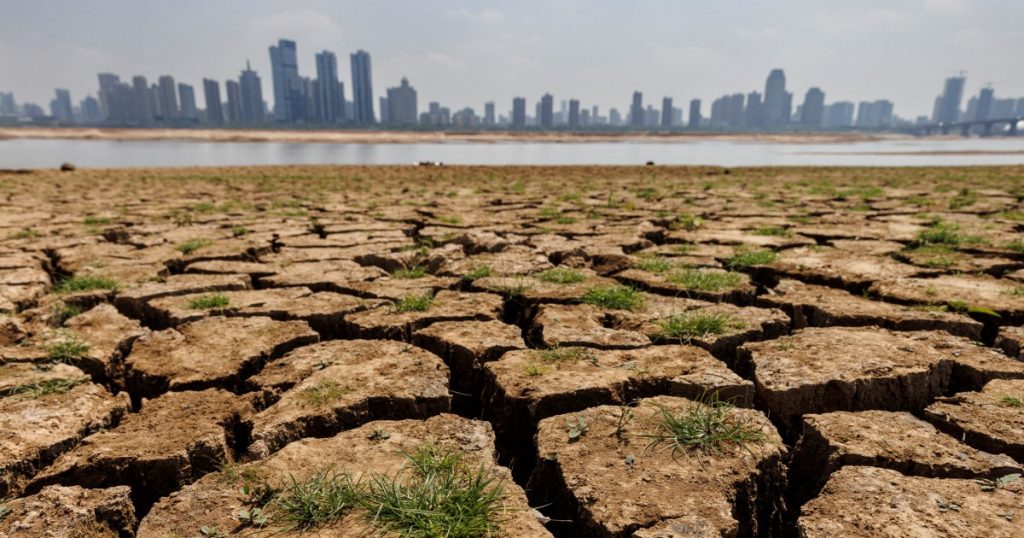In the past four years, China has recorded its four warmest years since comparable temperature records began in 1961.
China experienced its warmest year on record in 2024, a new high since comparable temperature records began more than 60 years ago, the country’s meteorological service said.
The national average temperature for 2024 was 10.92 degrees Celsius (51.66 degrees Fahrenheit), 1.03 degrees higher than 2023 and “the warmest year since full records began in 1961,” the U.S. National Weather Service said. China on its news site Wednesday night.
“The four warmest years on record were the last four years, with all ten warmest years since 1961 occurring in the 21st century,” the administration said.
Densely populated Shanghai, China’s financial hub, recorded its warmest year in 2024 since meteorological records for the city began in 1873, data from the Shanghai Meteorological Bureau showed. The city’s average temperature was 18.8C (65.8F).
China had already recorded its hottest month on record in July last year, as well as its hottest August and warmest autumn on record.
Residents in the southern city of Guangzhou also experienced a record-long summer, with state media reporting there were 240 days where the average temperature was above 22C (71.6F), breaking the record of 234 days set in 1994.
Warmer weather in China has been accompanied by stronger storms and heavier rainfall, and dozens of people were killed last year and thousands forced to evacuate their homes during floods across the country.
In May, a highway in southern China collapsed after days of rain, killing 48 people, while Sichuan, Chongqing and the middle reaches of the Yangtze River suffered from heat and drought in early autumn.
Greenpeace warned last year of China’s “alarming new trends in extreme heat” and said extreme heat days were coming earlier each year and the size of areas in China affected by such heat was increasing.
“As a host of climate impacts hit China, people’s lives and livelihoods are affected,” the campaign group said.
The United Nations said in a year-end message on Monday that 2024 would be the world’s warmest year on record.
Global warming, driven largely by the burning of fossil fuels, is not just about rising temperatures, but the knock-on effect of all the extra heat in the atmosphere and seas. Warmer air can hold more water vapor, and warmer oceans mean more evaporation, resulting in more intense downpours and storms.
Zurich-based insurance giant Swiss Re said climate-related natural disasters caused an estimated $310 billion in economic losses in 2024.


